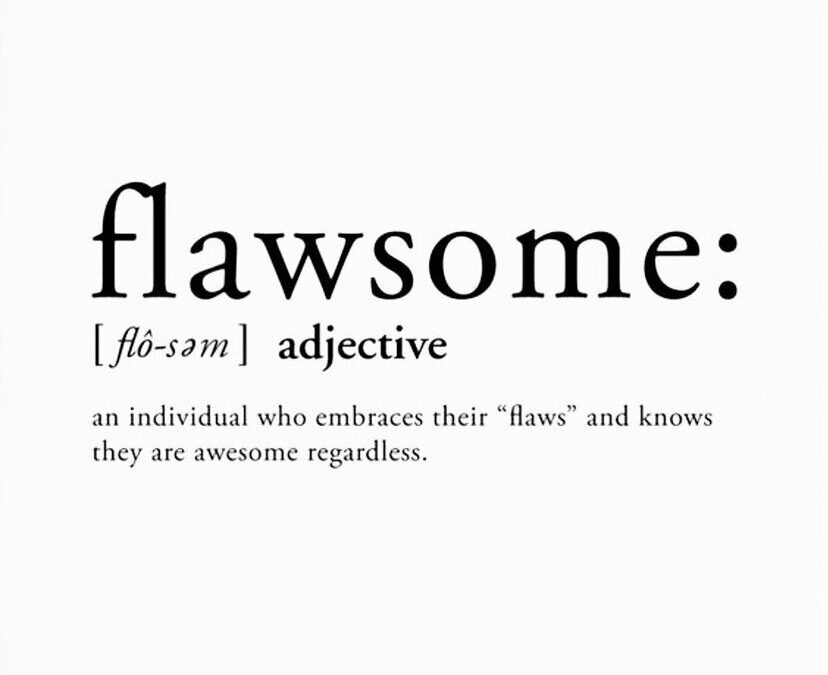Let’s talk about Vulnerability and why being Vulnerable is so important at all career stages, whether you are a graduate starting out in your first job, or someone with 20 years’ experience under their belt. Being Vulnerable could also be described as simply being honest. This could mean admitting to our own limitations in knowledge or to a lack of concentration in a meeting and losing the thread of conversation. Many people are afraid to admit to their gaps in knowledge or attention span just in case they are judged harshly for it. Here is why being vulnerable should be encouraged and nurtured, and most importantly, demonstrated by Leaders and Managers:
- Trust in the workplace (or Psychological safety – the fancy way of saying this): Being allowed to express ourselves freely and authentically without fear of judgement. When leaders set the example here of not being a ‘know it all’ others will feel safe to also admit to knowledge gaps. An open and honest environment is great for problem solving and effective collaboration.
- Authentic Relationships – Being our true selves at work, ‘warts and all’, allows for more genuine connections. When we are comfortable to share our fears and struggles, it deepens understanding and empathy, which leads to stronger relationships and teamwork.
- Learning and Development – Admitting our limitations means we take the opportunity to ask, learn and develop our skills. In simply saying ‘I don’t understand can you explain that further to me?’ we open more opportunities to further our knowledge, rather than pretending we understand and then going off to frantically google a phrase or topic later.
- Creativity – they say you must have 30-40 silly or controversial ideas before you get to the good ones, which means a lot of trial and error. Being open and comfortable to input your ‘silly idea’ will lead you down the path to true innovation. It takes a lot of courage to put forward what may seem like controversial or crazy ideas, but in doing so it helps build the blocks of creating something truly unique. In idea generation workshops, we always state the rules of ‘Quantity not Quality’ and ‘No such thing as a bad idea’ in the early stages of the session to really encourage thinking outside the box.
- Emotional Wellbeing – It’s not easy keeping up the façade of knowing everything and being in complete control. Being able to be true to oneself and others is very liberating and increases job satisfaction, not to mention reducing stress. Leaders need to show empathy and not judgement and be able to reveal their own areas of weakness (we all have them) to encourage others to do the same.
Above all, the old adage of ‘a problem shared is a problem halved’ rings very true for all of the above. No one knows everything and everyone needs a dig out from time to time. Here at Culture and Candour we are big fans of ‘asking the silly questions’ and being authentically talented and flawed at the same time. I think the new term is being ‘FLAWSOME’. Let’s all be ‘Flawsome’ together!

